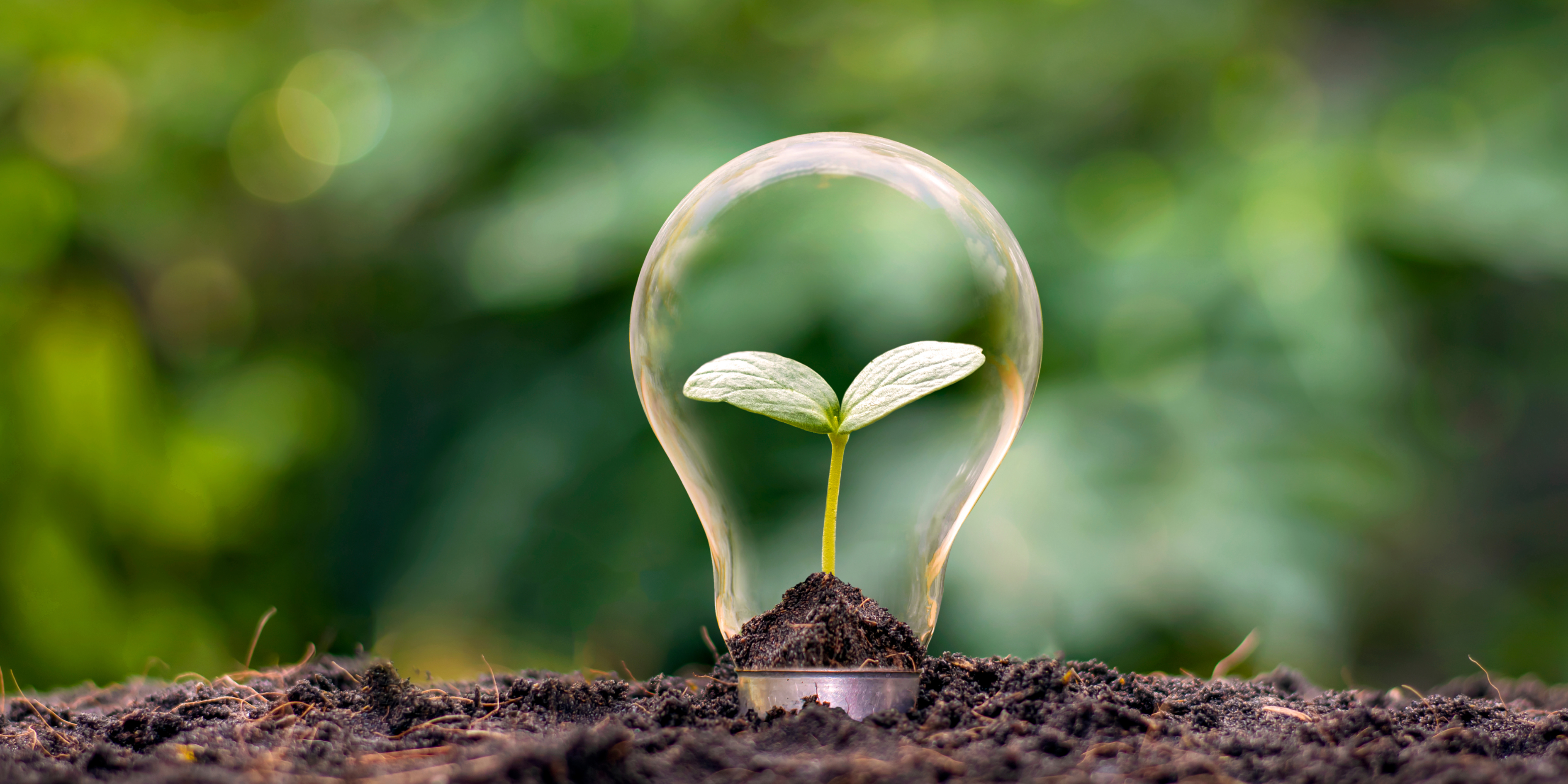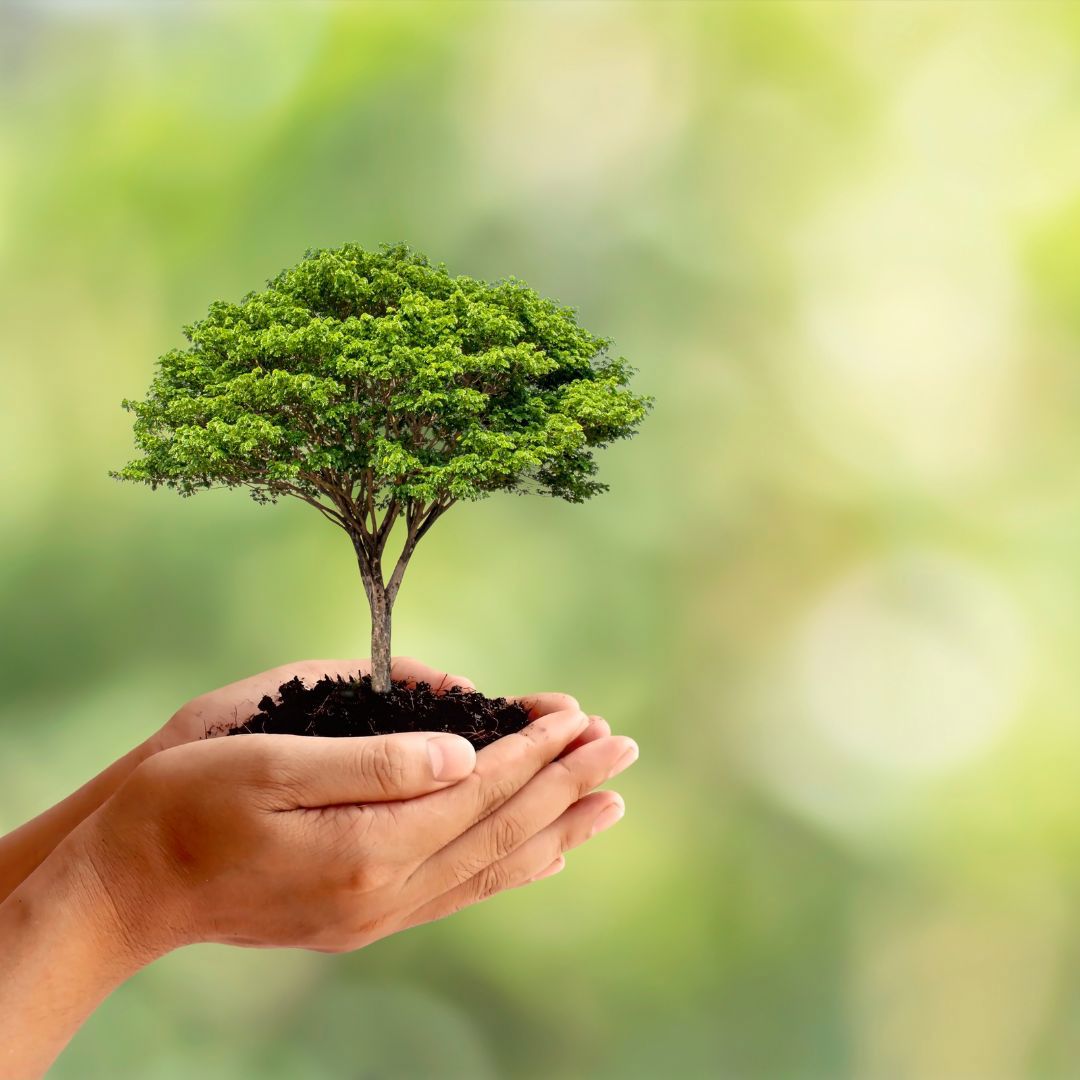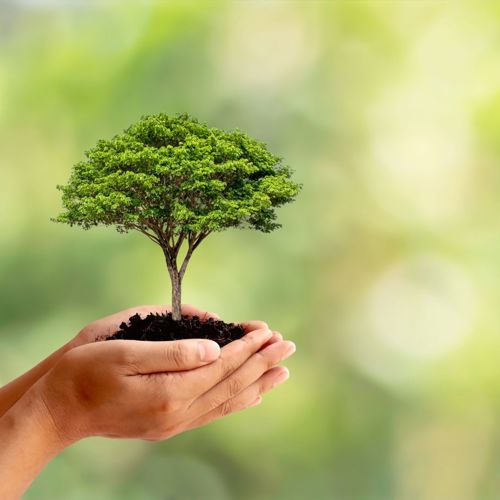
Sustainability, while not a new term, is at the core of many businesses now, especially as global climates continue to rise. In recent years, consumers have begun to choose brands that are more eco-friendly in a ploy to help the planet. In the same way, businesses that don’t act to help the world often see a reduction in sales and foot traffic. Plus, this can be negative publicity for them.
Unfortunately, the perception of sustainability can still be confused in society, with most people assuming plastic-free is the only way to assist the planet. In the following blog, the Rubbermaid Commercial Team seeks to break down the barriers of what is considered sustainable. We will do so by exploring the meaning of durable and recyclable as well as specific cleaning and sanitisation practices that appear sustainable, but may not be as effective for the planet as they seem.
Durable vs Recyclable: The Debate
When sustainability is considered, there are two key considerations, durable and recyclable. Durable materials, like the BRUTE Utility bin, are made to last a long time. They don’t require frequent replacing and may even withstand the lifetime of the business if they are well looked after. This is critical for a business looking to reduce its waste to make a positive impact on the planet in the long term. However, some of these products, unlike the BRUTE range, which is made from recyclable materials, can also come from bad origins. So, businesses must consider the impact the product had during its production phase.
Recyclable materials, on the other hand, are those that can be reused time and time again. They reduce the need for new materials and mean that fewer raw materials need to be harvested to create new products.
The choice between durable and recyclable materials is not always clear-cut. For example, plastic is often seen as a durable material, but it is also a major contributor to environmental pollution. Recyclable plastics, such as PET, can be a more sustainable choice, but they are not always as durable as other types of plastic. In the commercial cleaning industry, this trade-off between durability and recyclability is often a key consideration when choosing cleaning products and equipment.
If you need help choosing between durability and recyclability, we are always happy to help.
Discover more about Rubbermaid's Sustainability here. 
Perceptions vs Reality
Despite the importance of the durable vs recyclable debate, there are often misconceptions about which option is more sustainable. Many people may assume that durable materials are more eco-friendly because they last longer. But, if the manufacturing process takes significant resources or is damaging to the environment, this can be counter-intuitive. It’s always important to consider the context of the production process, the materials that go into making the product, and how long it will last. This will help determine if the durable option is beneficial for the environment. Businesses should also consider the time they will take to break down when they are eventually discarded.
Similarly, many people assume that recyclable materials are always the more sustainable choice because they can be reused, reducing the need for new materials. Though, recyclable materials aren’t always easy to recycle. For example, water bottles can be recycled, but their lids cannot. This can create a labour-intensive recycling process which contributes significantly to pollution.
It’s also vital to determine the availability of recycling facilities. If a product needs to travel thousands of kilometres to be recycled, then it is likely damaging the environment more than general waste.
The Importance of Sustainability in Commercial Cleaning
As mentioned, consumers are now looking more into businesses when making choices about their purchase decisions. So, this is one factor that influences businesses to choose the sustainable option. However, companies, especially those that require heavy cleaning, such as food service or hotels, play a large part in the well-being of the planet. Every small positive action, therefore, can have an incredibly positive impact on the environment. This includes but isn’t limited to:


Practical Steps for Improving Sustainability in Commercial Cleaning
Improving sustainability in the commercial cleaning industry requires a multifaceted approach that takes into account a range of factors. Some practical steps that companies can take to improve sustainability include:
Rubbermaid Commercial Products is passionate about sustainability
At Rubbermaid Commercial Products, we know how important it is to reduce carbon footprints all over the world. So, we are always happy to provide the advice and support we need to businesses in need. Contact us today to find out more and get started on improving your sustainability.